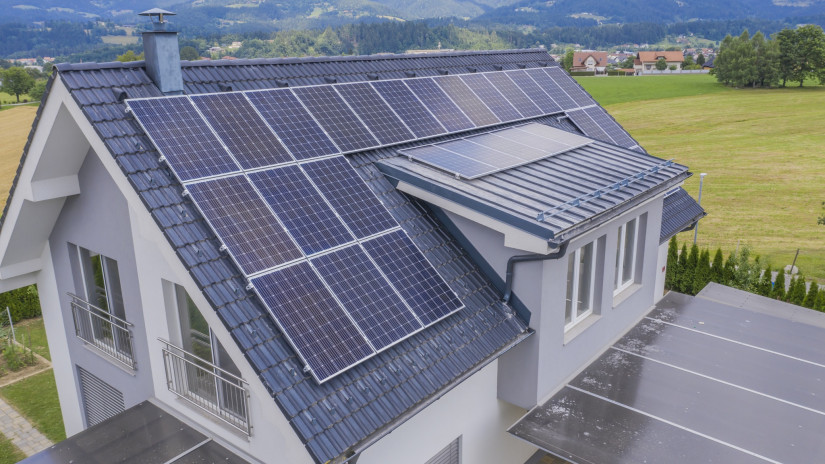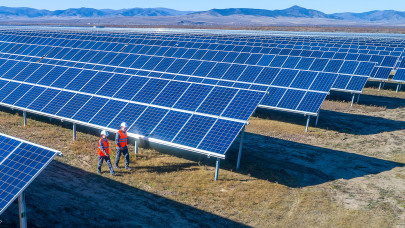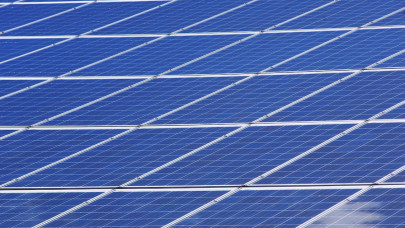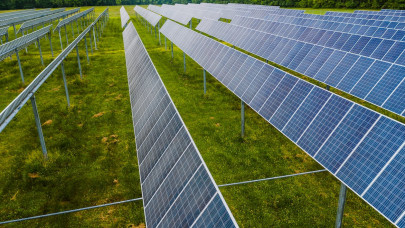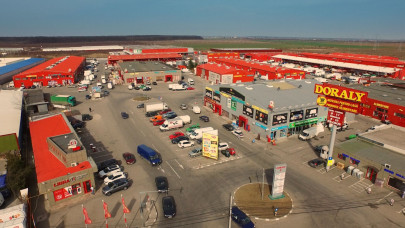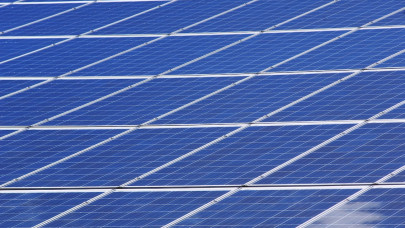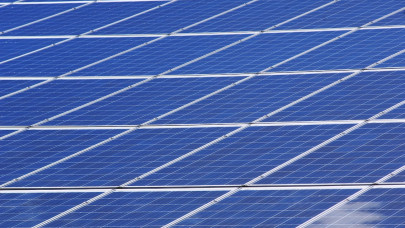According to the most recent data published by the National Energy Regulatory Authority (ANRE), at the end of this summer, 91,572 prosumers were registered in Romania, with a total installed power of 1,155 MW, and the estimates of the Ministry of Energy show that their number would increase to 350,000 by the end of this decade.
In addition, a new chapter of the REPowerEU program proposes that the Romanian state supports prosumers to install 5 kWh batteries to store the energy produced by the photovoltaic panels. The vouchers, worth RON 25,000 (€5,000), would be granted by the Ministry of Investments and European Projects, the total amount that will be allocated for this purpose being estimated at €600 million.
"The installation of batteries to store the energy produced by the photovoltaic panels is a natural step in the process of developing the renewable energy market, and for prosumers, a step forward on the road to energy independence, which they started at the time of the initial installation. The photovoltaic system, in itself, is already an excellent investment and a storage battery improves its efficiency even more. Of course, it will take some time before these solutions are widely adopted in Romania, but surely there is only one direction, and it will be followed by prosumers from our country", stated Dan Tudose, founder of E-Acumulatori.ro, supplier of renewable energy solutions and installer of photovoltaic systems authorized by AFM.
The energy storage systems market in Romania is valued at approximately €40 million in 2022, and for 2023 the company estimates a 25% increase. This development dynamic could be maintained until the end of this decade.
"Renewable energy sources are intermittent in nature, which can generate significant fluctuations in supply. Battery energy storage systems help address this challenge by storing excess energy during peak periods when generation capacity is very high and releasing it during times when demand is higher or when alternative sources are not actively generating electricity. This helps stabilize the grid and ensure a reliable and continuous power supply," explained Dan Tudose.
The global battery market for energy storage manufactured by photovoltaic panels is expected to grow at a compound annual growth rate of over 25% over the next five years, from $5.4 billion in 2023 to $17.5 billion in 2028, according to reports available in the market. In addition, two million new jobs and up to 141 million work years can be created in Europe and the US through the adoption of clean energy technologies in new and retrofitted buildings, most of which will come from the construction and installation of heat pumps, photovoltaic panels, and energy storage batteries.
The main impediment to the use of batteries at this time is the cost of the initial investment in the purchase and installation of storage batteries. Battery energy storage technologies, including lithium-ion, flow vanadium, or lead-acid, require an initial investment, but due to their high energy density and improved performance, they are widely used in photovoltaic systems, the company says.
"Lithium-ion batteries are slightly more expensive than other options, but they can store a large amount of energy, have a low self-discharge rate, and require less maintenance. This type of battery is also used for electric vehicles because they are light and compact, with a large storage capacity, and some of them are the most suitable for photovoltaic systems. In recent years, their price has been decreasing, determined by technological advances and the increase in manufacturing capacities. And in Romania, in last year, investments in battery production were announced, with at least two large international manufacturers entering the local market," Dan Tudose added.
The prices of energy storage solutions are between €170 and €350/kWh, to which are added auxiliary equipment such as an inverter/charger with permanent monitoring for a prolonged period of use and optimizations in operation.
E-acumulatori.ro is a family business, that started in 2002 and strongly developed since 2009. Currently, the company's portfolio includes over 30,000 products dedicated to energy independence, both for individual consumers and for industrial ones.

